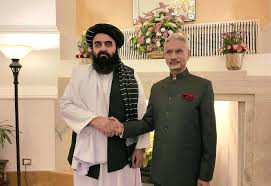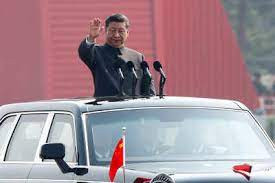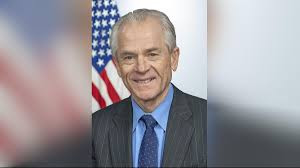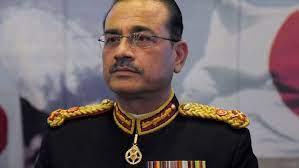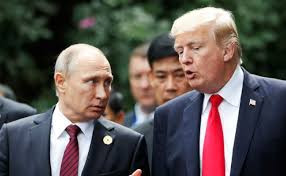Pakistan Refuses to Apologise for 1971 Genocide; Bangladesh’s Yunus-Led Diplomatic Push Hits a Wall
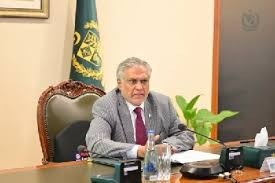
Bangladesh’s interim government, headed by Chief Adviser Muhammad Yunus, had embarked on a prolonged diplomatic mission to restore ties with Pakistan, initiated after years of tension under the previous regime. In April, during the first foreign secretary–level talks in 15 years, Bangladesh had explicitly raised the demand for a public apology, along with $4.52 billion in reparations, equitable asset division, and the repatriation of stranded Pakistanis—all framed as necessary to build a "solid foundation" for future relations .
The refusal by Dar represents a major blow to Yunus’s rapprochement efforts. Despite the thaw in ties—including resumed trade, agricultural cooperation, visa relaxations, and discussions on reviving SAARC—Bangladesh's emotional imperative for historical justice has met with stiff resistance .
The Awami League, Bangladesh’s major political party and staunch defender of its liberation legacy, has strongly condemned Dar's remarks. It accused the Yunus administration of pursuing a "pro-Pakistan" agenda while undermining the nation's liberation history. They charged the interim government with sanitizing the narrative of the 1971 struggle and dishonoring the sacrifices made for independence.
Dhaka’s foreign advisers have reaffirmed their commitment to unresolved issues. Touhid Hossain, the Foreign Affairs Adviser, dismissed Dar’s claim, stating that it was “wrong to expect problems of 54 years to be solved in a single day,” signaling that further negotiations are both necessary and imminent .
This diplomatic impasse highlights a deeper challenge: while strategic interests push both countries toward re-engagement, unresolved historical grievances—particularly the want of an apology and compensation—remain a defining obstacle.
Though Bangladesh under Yunus has taken concrete steps to rebuild bilateral ties, Pakistan’s refusal to formally apologize for the 1971 genocide stalls meaningful reconciliation. The unfolding crisis now hangs between the demands for historical accountability and the pragmatic needs of realpolitik—not just for Bangladesh, but for the delicate balance of regional diplomacy.
You might also like!


